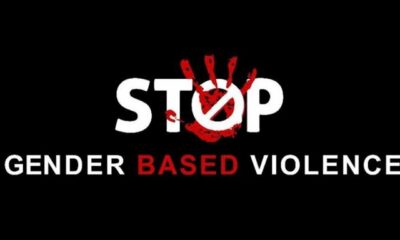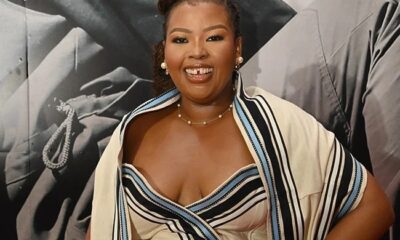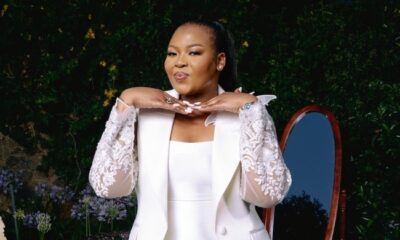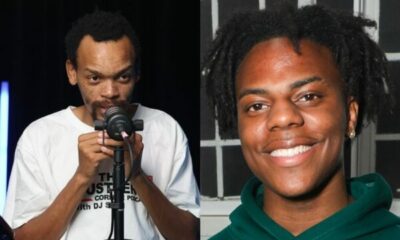Culture Craze
Anele Mdoda Ignites National Conversation After Calling Out GBVF Mockery
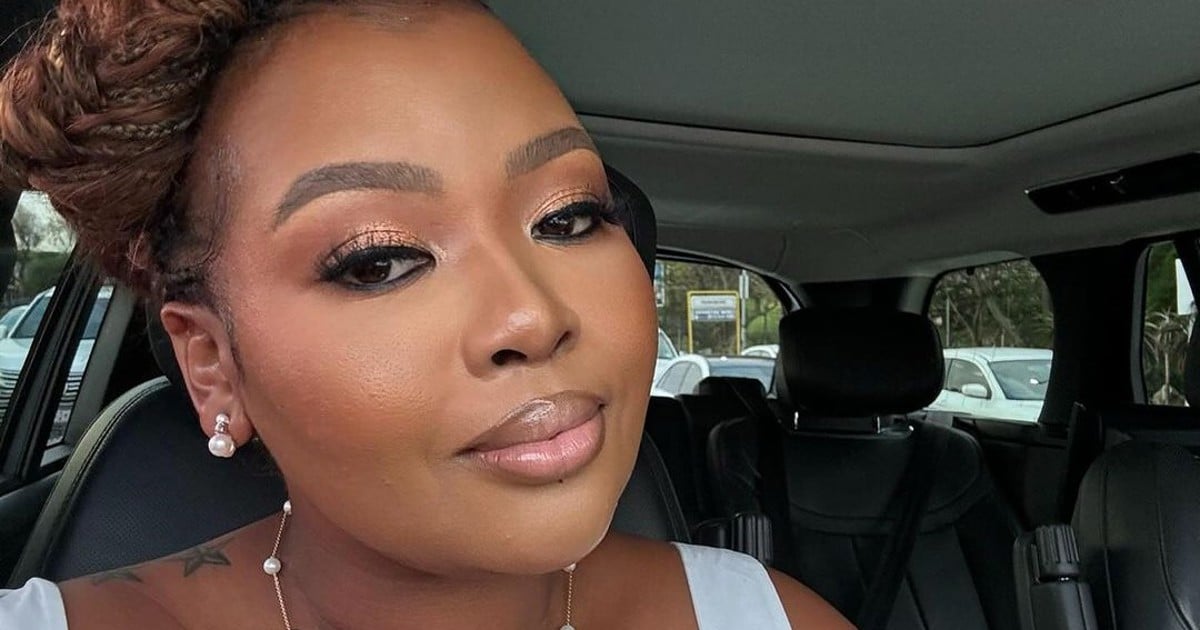
A moment that shifted the mood online
It started quietly. A routine scroll, a shared clip, a few comments. Then Anele Mdoda stepped in, and the entire tone of the conversation changed. The well-known radio host saw a video she believed made light of South Africa’s ongoing struggle against gender-based violence and femicide. She did not brush it off. She confronted it publicly and directly, and within minutes, the debate spread far beyond the original post.
Her response was sharp and emotional. She accused the man in the video of mocking a movement that many survivors consider a lifeline. Supporters of the man pushed back and argued that his post had been misunderstood. What followed was a wave of disagreement on every possible angle of intention, humour, and respect.
Why the moment hit a national nerve
South Africans know the gravity of GBVF. It is not an abstract idea or distant campaign. It is a daily battle that affects families in every province. Organisations and activists have spent years fighting for awareness, justice, and protection. As a result, even the slightest hint of ridicule can feel deeply personal and triggering.
Mdoda’s intervention tapped into that sensitivity. Her challenge was not just about one clip. It was about the respect owed to a national crisis that has shaped policies, protests, and public dialogue. In Johannesburg and across the country, the incident reminded people of the emotional weight the GBVF movement still carries.
A digital debate that revealed social tensions
What unfolded online was more than a celebrity confrontation. It became a mirror reflecting how South Africans navigate accountability in a digital age. Some users applauded Mdoda for refusing to let harmful narratives slide. Others defended the man at the centre of the clip and insisted that intentions should matter as much as interpretations.
The debate stretched into larger conversations about humour, context, and responsibility. When does a joke cross the line? Who decides what is disrespectful? How do we create space for activism and expression without erasing either? The heated exchanges showed how complex the balance has become.
And to all the women who are laughing at this degenerate of an asshole, I’m glad you are still alive to laugh. Let’s hope it stays that way since the very men you Ka Ka with are the ones that are killing us.
Rubbish and dust pic.twitter.com/XJBHUb9f8q
Anele Mdoda (@Anele) November 13, 2025
How public figures influence national dialogue
Mdoda is no stranger to public attention, but this moment pushed her into a more socially charged role. By stepping into a conversation about GBVF, she reminded audiences that public figures can shift national focus within seconds. Her voice amplified the issue once again, proving that influence in the entertainment world can intersect with activism in powerful ways.
Where the conversation might lead
There is no clear ending yet. The clip remains online. The opinions remain divided. What is certain is that the debate exposed how close to the surface GBVF emotions still sit in South Africa. Even a single moment of perceived disregard can spark a national outcry.
For many, the incident was a reminder of how much work still needs to be done. For others, it opened questions about intent and miscommunication. For Mdoda, it may mark a continued shift toward speaking out on issues that reach beyond pop culture. And for the public, it was another lesson in how quickly digital spaces can become arenas for serious national reflection.
Also read: DJ Zinhle’s Calm Reaction to the Cheating Claims Has South Africa in Awe
Follow Joburg ETC on Facebook, Twitter, TikT
For more News in Johannesburg, visit joburgetc.com
Source: Bona Magazine
Featured Image: EWN

